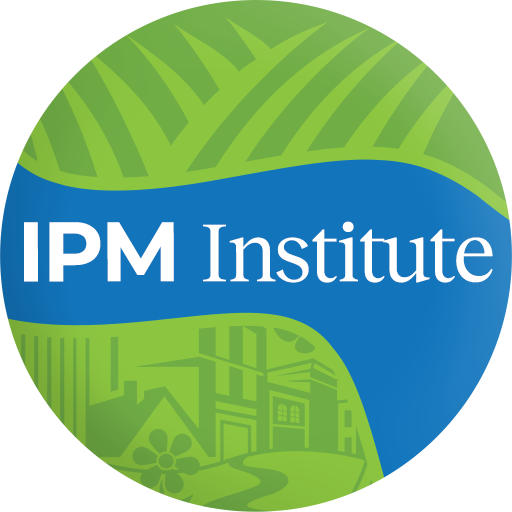Voluntary sustainability standards such as Fairtrade, Rainforest Alliance, and Bonsucro can help reduce global poverty among small farmers that make up many of the world’s poor, according to a new report from the International Institute for Sustainable Development.
“We found that sustainability standards can bring farmers a number of socio-economic and environmental benefits that can complement broader poverty reduction efforts,” Sara Elder, the report’s lead author and Policy Advisor with IISD’s State of Sustainability Initiatives, said in a news release.
The report, available online, examined the criteria of 13 widely adopted voluntary sustainable standards on how the standards can improve access to resources, reduce poverty and provide more opportunities and voice to growers, according to the release.
The researchers also looked at key factors influencing smallholder farmer access to voluntary sustainability standards compliant markets, according to the release.
Voluntary sustainability standards provide access to training and skills improvement to farmers that directly support better practices, producer knowledge, and the capacity to grow higher-quality and more sustainable products, according to the release. Those options, according to the release, can bring farmers higher and more stable prices and crop income, as well as increased social capital via stronger producer organizations.
The report offers specific recommendations to voluntary sustainability standards bodies, value chain actors, and governments. These recommendations include improving farmers’ knowledge of the standards, establishing a living income for farmers, supporting smallholder access to productive and sustainable land, stimulating demand for voluntary sustainability standards-compliant products, and facilitating links between producers and buyers.


